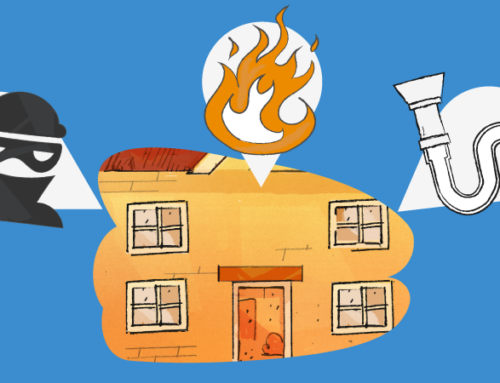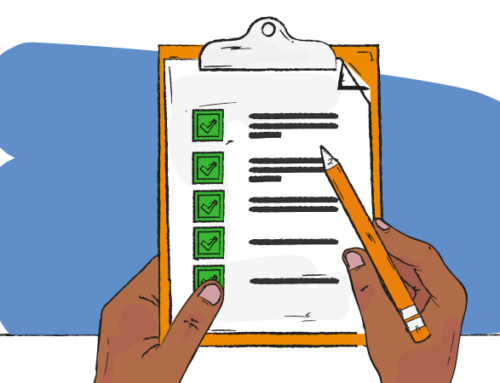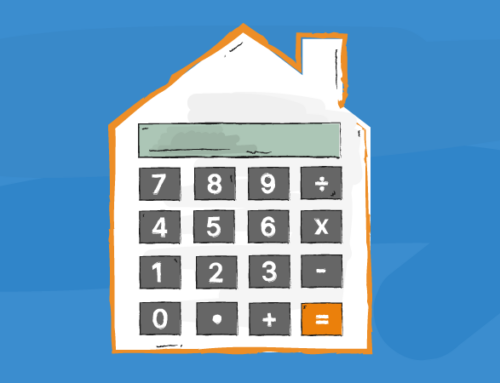Are you an Accidental Landlord? MakeUrMove’s MD has some Great Tips!

With next week being New Homeowner’s Day, Alexandra Morris, Managing Director of MakeUrMove, has shared her top tips for accidental landlords.
On Wednesday 1st May, social media will be abuzz with talk around becoming a homeowner for the first time. This includes those who have inherited a property, which can lead to them becoming an unplanned landlord.
MakeUrMove conducted research last year, which found that 60% of those letting properties in Britain are ‘accidental’ or ‘casual’ landlords. They did not set out to become landlords, but have nevertheless found themselves letting out a property.
The following tips from Alexandra Morris are handy to help ensure that anyone who has found themselves with a property through unplanned circumstances is fully prepared for becoming a landlord:
- Ensure you have insurance
Alexandra suggests that before leaping into the world of property lettings, it is important to have all the essential insurance covered. There are many different types of insurance to consider.
It is not a mandatory requirement, but she suggests taking out landlord insurance. The home insurance policy you may currently have won’t necessarily provide you with the cover you need for a let property. For example, although you get some public liability protection as part of your home insurance policy, this won’t cover any accidents involving your tenants.
She also points out that, while home insurance would provide alternative accommodation for you and your family, if your house became uninhabitable, you would not be covered for any costs if you had to rehome your tenants.
Similarly, should you need to take any legal action with a tenant – for example, in the case of unpaid rent – your existing home insurance wouldn’t cover you.
- Be aware of your specific responsibilities
The main responsibilities of a landlord, when it comes to a rental property, are to ensure that the building stays safe and fit for tenants to live in.
As a landlord, you must make regular gas, electrical and fire safety checks. Alexandra highlights that in order to ensure that the gas in your property is safe, you should have a Gas Safe registered engineer undertake checks each year.
As it stands, landlords are expected to have an electrician carry out an annual inspection, but we expect to see changes in the future.
When it comes to fire safety, landlords must provide a smoke alarm and carbon monoxide alarm on every floor of the property. Existing furniture must also be fire-safe. There also needs to be sufficient access to the building, should a tenant need to escape in the case of a fire.
- Be sure of how much you can expect to earn from your property
There is the view held by some that the majority of landlords are earning a substantial about of money from their investments. However, Alexandra has drawn our attention to a survey by the Government that has found that 45% of landlords own just one rental property, with the average income of a landlord coming to just £15,000, before tax.
However, it is worth bearing in mind that this average income takes into account those investing in property as a way to support their existing income, as well as those who are full-time landlords.
For those who may be having doubts about the profitability of owning just one property, with an average income of £15,000, it is worth considering investing in a portfolio of properties. Many landlords have found this to boost their average income.
According to recent findings, the number of landlords with five or more properties has increased by a total of 240%. With continued uncertainty in the housing market, especially with the disturbance caused by Brexit, many are looking to take on more properties, so that they can spread the risk.
Alternatively, property investment could be considered a good way to save for retirement, as it adds an extra contribution to your pension pot. Many landlords opt to invest in property for the benefits that it provides. It is also seen as safer and more secure than other investment opportunities.
- Get to know your tenants
Finally, Alexandra advises that before letting your property, you should make sure to undertake comprehensive tenant referencing.
Check that your tenant can afford to live in your property and pay their rent on time. This can be done by conducting credit checks and income references. You can also ask for a reference from a previous landlord, to ensure that they will be a reliable tenant.
If you would like further information on lettings legislation and what your duties are as a landlord, we suggest you take a look at the free guides on the Landlord News website.
Disclaimer: The opinions and views expressed in the above article are those of the author only and are for guidance purposes only. The author disclaims any liability for reliance upon those opinions and would encourage readers to rely upon more than one source before making a decision based on the information.




